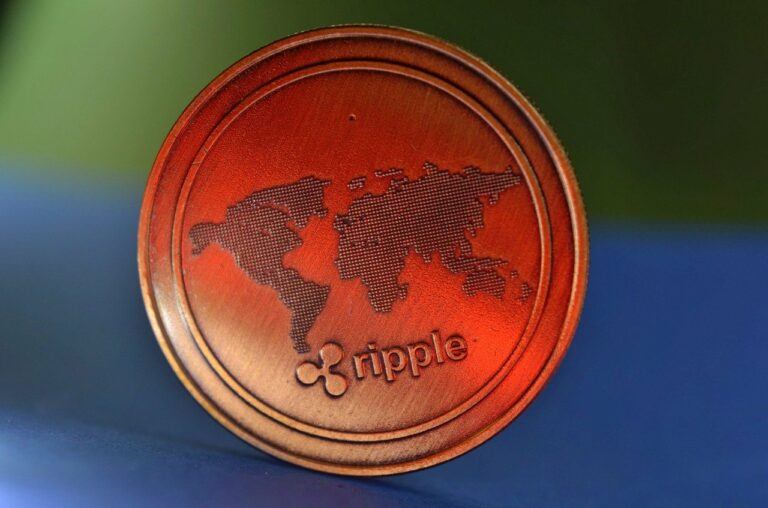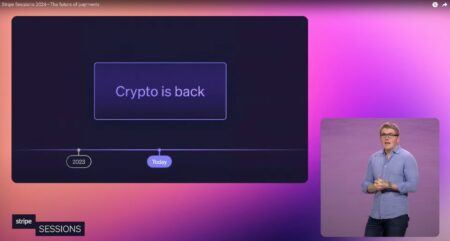Matt Hamilton, a former Principal Developer Advocate at FinTech firm Ripple, has defended the utility of the $XRP token and said that smart contracts are coming to the cryptocurrency’s ledger. These could be used to power decentralized applications, the way they are used on other networks such as Ethereum and the BNB Chain.
Hamilton, who is currently the Principal Developer Advocate at Protocol Labs, still spends time on Twitter helping to clarify confusion around XRP and XRPL Ledger. In response to a user who said $XRP has “no utility and is heavily centralized,” he responded it is “literally being used daily for cross border payments, NFTs, web monetization, etc.”
When a user pointed out that the cryptocurrency’s ledger does not support smart contracts, Hamilton said that most of the functionality needed – including fungible tokens, NFTs, escrows, decentralized exchanges, and more – are already built in, and confirmed smart contracts are coming.
Hamilton has in the past said that “in the early days of Bitcoin Talk you could earn 5 BTC by posting FUD that XRP was centralised and a scam, and that this is “the source of most of the disinformation spread about XRP to this day.”
As for smart contracts, it’s unclear whether the former Ripple executive was referring to smart contracts directly on the $XRP Ledger or through another solution.
As CryptoGlobe reported, Flare will airdrop Spark (FLR) tokens to XRP holders. Once the network goes live, each eligible holder will immediately receive 15% of their claimable FLR tokens, while being able to claim an average of 3% per month thereafter.
Spark tokens are to be used for governance on the Flare network through voting mechanisms, and token holders will be able to earn a return on their holdings by committing Spark tokens as collateral to secure the trustless issuance and redemption of FXRP, a protocol built to “safely enable the trustless issuance, usage, and redemption, of XRP on Flare.”
The Flare network itself will bring Ethereum-based smart contracts to non-Etheruem Virtual Machine compatible networks like the XRP Ledger. It will also support XLM, LTC, and DOGE.
Moreover, analysts have said that the development of an Ethereum Virtual Machine-compatible sidechain for the XRP Ledger , could be “very bullish” for the cryptocurrency, as it has been for some of its competitors.
Image Credit
Featured Image via Pixabay








